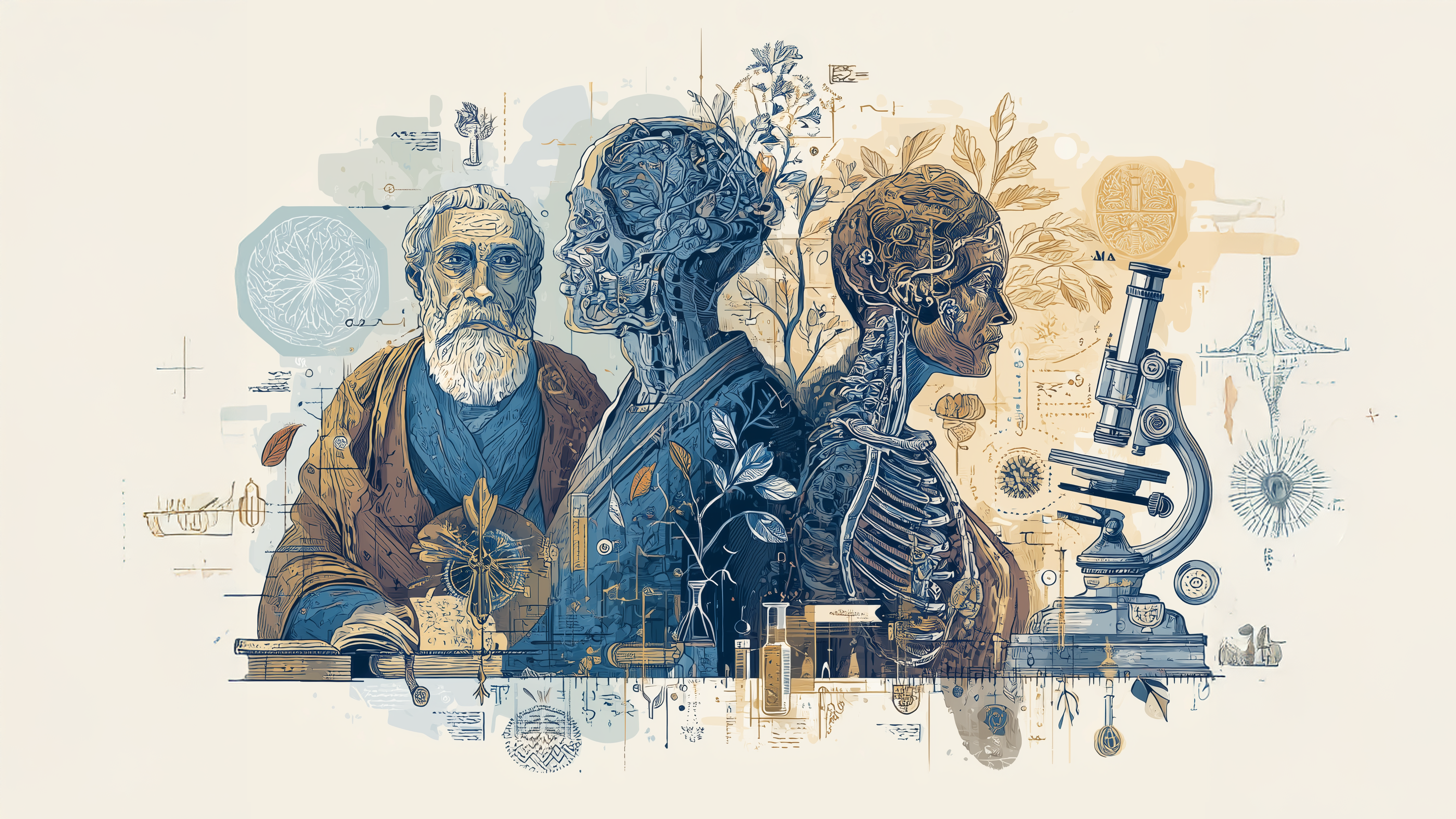Medical History Quiz Challenge!

Ready to test your knowledge? Match the definition to the correct medical term.
Study flashcards first to prepare for the quiz.

Ready to test your knowledge? Match the definition to the correct medical term.
Study flashcards first to prepare for the quiz.